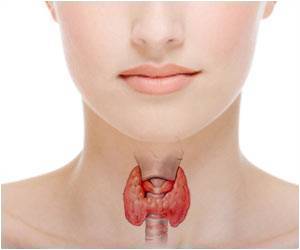Intake of salt in seventy per cent of eight-month-old babies is higher than the recommended maximum level, as they are fed salty and processed foods.

These are the latest findings from researchers at the University of Bristol based on almost 1,200 participants in the Children of the 90s study and just published online by the European Journal of Clinical Nutrition.
The researchers found that the majority of infants were first introduced to solids around 3-4 months, with the mean salt intake for the highest group at 8 months more than double the maximum recommendation for that age group (400mg sodium per day up to 12 months). Infants in this top group often consumed cows' milk as a main drink, which has a higher sodium content at 55mg per 100g than breast (15mg per 100g) or formula (15-30mg per 100ml) milk. They also ate three times the amount of bread compared to the lowest group, and were given salty flavourings such as yeast extract and gravy.
In the UK, the majority of salt consumed by individuals is added to food during manufacturing, with a relatively small proportion added during cooking or at the table and current intakes in both children and adults are far higher than NICE (National Institute for Health and Clinical Excellence) guidelines.
Speaking about the findings, Dr Pauline Emmett and Vicky Cribb, the nutritionists who conducted the research, said:
'These findings show that salt intakes need to be substantially reduced in children of this age group. Infants need foods specifically prepared for them without added salt, so it is important to adapt the family diet.
Advertisement
They added that:
Advertisement
The researchers studied three-day dietary records (completed by the mothers) of 1,178 8-month-old infants born in 1991/92 and involved in the Children of the 90s study at the University of Bristol. Infants were categorised into four groups of increasing salt intake.
Source-Eurekalert









